Don’t let hidden allergy and asthma triggers ruin your holiday cheer. Knowing where your triggers can hide during this season can reduce your chances of an asthma attack (or flare). Review your Asthma Action Plan and always keep your quick-relief (rescue) medicines with you at all times.
1. Cold, Dry Air
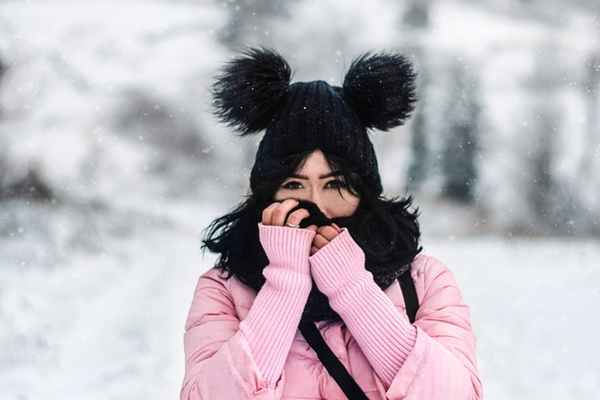
Cold air can be an asthma trigger. When heading out into the cold, wrap a scarf loosely over your nose and mouth if you are not wearing a face mask. When you breathe through a scarf or face mask, it warms up the air before it gets to your lungs. This helps prevent the cold air from irritating your airways and triggering an asthma attack.
Ask your doctor about using your quick-relief inhaler before you go outside. Also, protect your inhaler from the cold by carrying it in an insulated bag or inside your coat or jacket pocket.
2. Fireplaces and Smoke
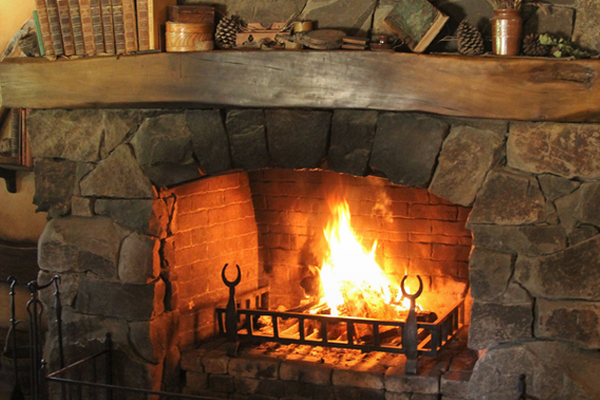
Avoid outdoor and indoor wood and gas fires when possible. Smoke from burning wood contains small airborne particles that contribute to indoor air pollution. Small particles in the air can pass through your nose or mouth and get into your lungs.
Gas fires produce nitrogen dioxide, also polluting indoor air. This can irritate your eyes, nose, throat, and airways. Both types of fires can make asthma worse and increase the risk of having an asthma attack.
3. Scents of the Season
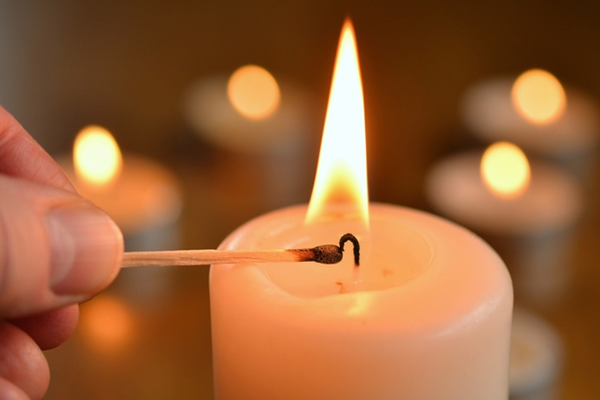
Along with the sights and sounds of the season come the scents of the holidays.
Many people and shops try to capture the aroma of the holiday by lighting candles, diffusing oils, or hanging scented decorations. Heavily scented pinecones and wreaths are often at the entrance of stores where they are sold. Look for online shopping or curbside pickup to avoid stores with scented displays.
In public spaces, perfumes and colognes might be an issue. Precautions such as physical distancing and wearing face masks to help prevent the spread of the coronavirus that causes COVID-19 may help to reduce your exposure to these types of scents.
Incense is often burned at religious services. This may be less intense for services held outdoors. Ask your place of worship before attending services.
4. Decked Out Halls
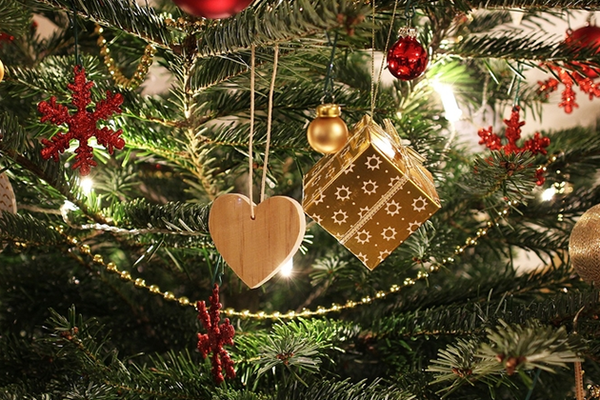
Live trees and wreaths can cause problems for people with asthma and allergies. They can bring mold and pollen into your home.
Hose down your live tree or wreath to remove mold, pollen, and dirt. Let it dry for a few days in a garage, or outside if it’s warm enough, before you bring it inside.
Artificial trees and decorations stored in an attic, garage, or basement can have mold and dust on them. Be sure to wipe down the decorations and wash the tree stand.
Cardboard boxes and open bags allow dust to accumulate. Switch to storage containers that keep dust mites out of your stored decorations. If you have room, store your decorations and artificial tree in a temperature-controlled part of your home to cut down on moisture.
5. Respiratory Infections

Respiratory infections tend to spread more easily during colder weather when we are indoors more. Stay away from people who are sick and stay home if you are sick. Learn the different Protect yourself and other people from the flu, COVID-19, and other illnesses with healthy habits:
- Get the flu and COVID-19 vaccines – remember they take two weeks after you are fully vaccinated to take full effect.
- Wear a face mask.
- Wash your hands often with soap and water for at least 20 seconds.
- Follow the CDC’s guidance on holiday activities, travel, and gatherings.
- Avoid unnecessary travel.
- Keep your asthma well-controlled.
6. Furry Friends
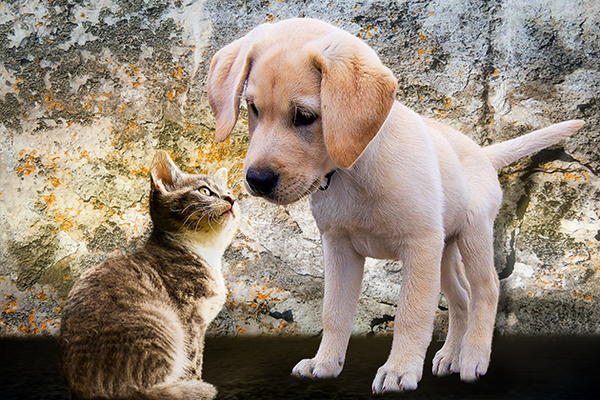
During the winter, pets tend to stay inside more. This can mean more fur and dander present in indoor spaces.
The holidays can be a time for getting a new pet. This can be a surprise when you arrive for a visit.
Talk with your doctor about pretreating with allergy medicine before you arrive at someone's home where pets are present if you have a pet allergy.


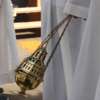






Comments (0)